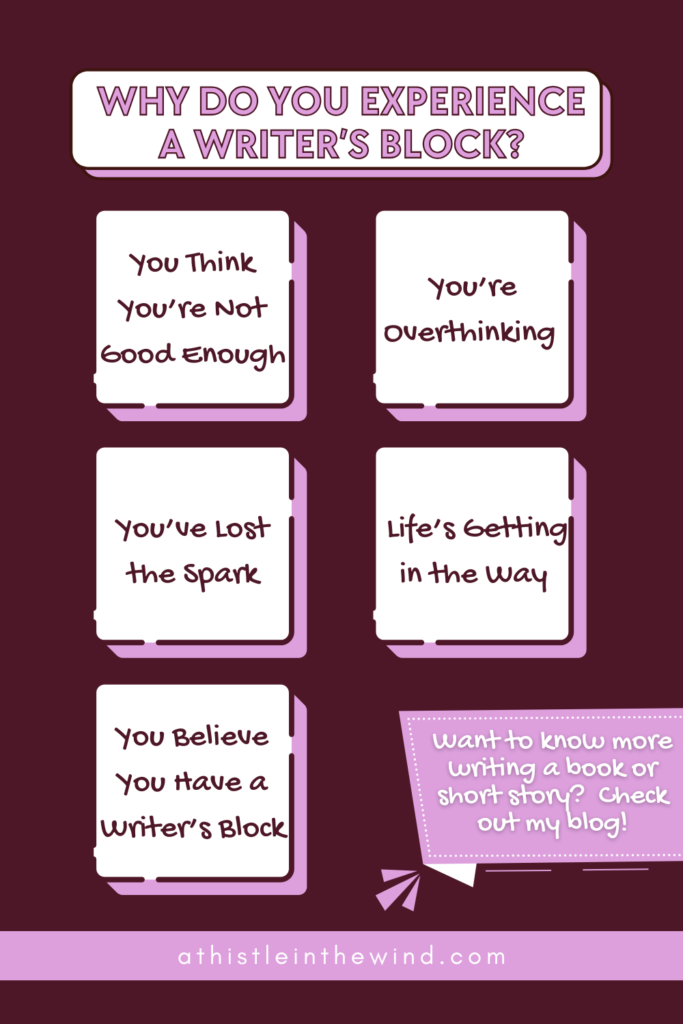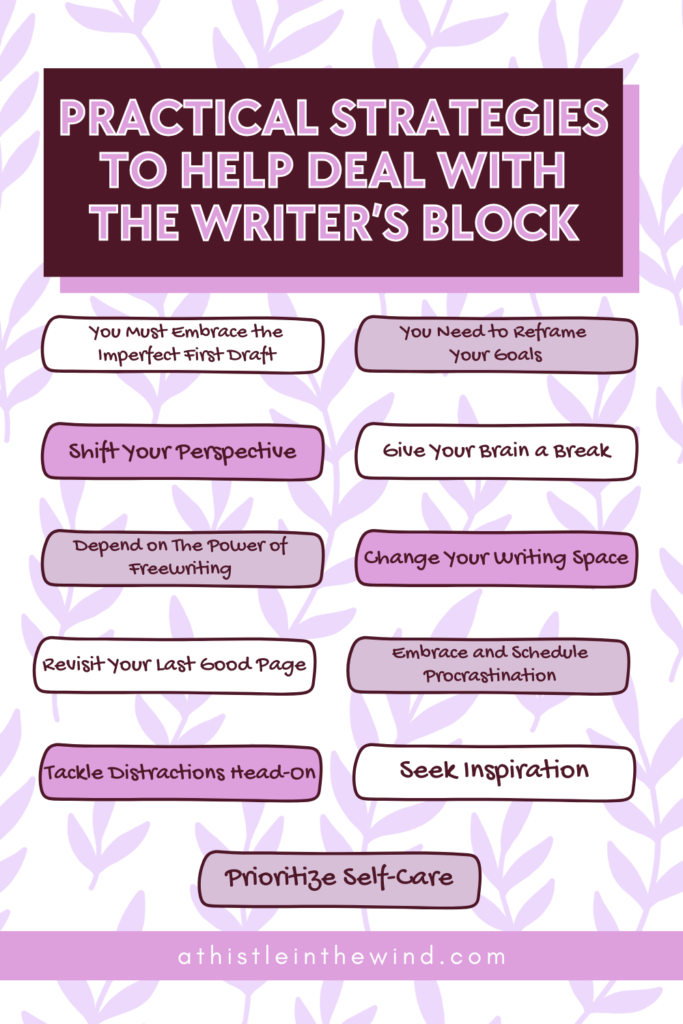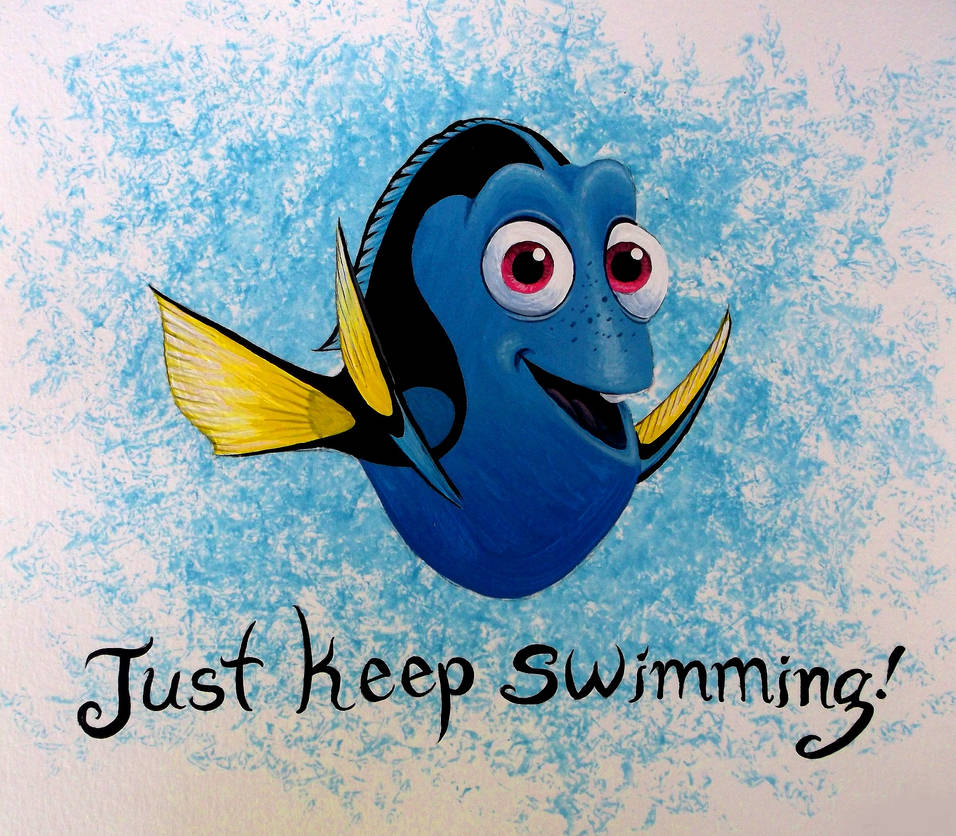Tips to Overcome the Writer’s Block

Let’s face it, a writer’s block sucks. And trust me, as someone currently going through it right now, let me tell you: it’s horrible. Seriously, what can you even do with a block? OK, back up; I know, technically, I’m writing but I’m talking about my manuscript right now.
Something’s blocked in my brain stopping me from writing, editing and overall, just doing anything that requires me from doing anything related to the manuscript from a critical perspective.
And this is something that all writers face frequently. There are days when words flow like a river, and others when the blank page stares back at you like an unyielding wall. You’ve got a story simmering, a message yearning to be heard, but the words? They’re just not wording (I’m sorry, I couldn’t help myself) and it’s just so, so frustrating.
It’s like you’re waiting at a bus stop, and you’re not sure if the next bus is going to come or not (challenge: tell me you live in Turkey, without telling me you live in Turkey). Sound familiar? It’s a place many, if not all, writers find themselves at some point in their journey.
But here’s the truth: writer’s block isn’t a life sentence. It’s not some mysterious force that singles you out for torment. It’s actually often a symptom of something deeper—a psychological hurdle, or a combination of factors that we, ourselves, have a hand in creating. And the good news is that we have a measure of control over it.
Why Do You Experience A Writer’s Block?

But before we get into dealing with a writer’s block, let’s take a closer look at the root causes behind them.
1. You Think You’re Not Good Enough
This is that sneaky voice that whispers, “What if it’s not good enough?” It’s the fear that your precious ideas might not be as brilliant as you’d hoped, that your initial attempts will be, well, bad. The blank page becomes a terrifying space because of the potential for failure. This fear of exposing our inadequacies can be paralyzing.
2. You’re Overthinking
Sometimes, it’s not just a specific plot point that’s the issue; you’ve lost faith in your abilities as a writer. The critical voice takes over, and you spiral down into a rabbit hole of self-doubt. You begin to believe you’ll never be a ‘real’ writer.
3. You’ve Lost the Spark
Let’s be real, writing a book is a marathon, not a sprint. The initial excitement can fade, and what was once an enchanting project can suddenly feel tedious. This is especially true in longer works, where the ‘honeymoon phase’ of a new idea wears off.
4. Life’s Getting in the Way
Life, with all its messy glory, has a way of getting in the way. Jobs, relationships, financial worries, family matters, and unexpected curveballs—they all vie for our attention. These issues can consume our mental space, making it incredibly difficult to focus on creative work. Even when you’re not actively thinking about them, they occupy space in your mind.
5. You May Have Constant Distractions
In our hyper-connected world, distractions are everywhere. A quick check of social media, a peek at an email, or the lure of endless clickbait articles can derail an entire writing session. These seemingly small interruptions can fragment our focus and make it hard to get back to the task at hand.
6. You Believe You Have a Writer’s Block
Here’s the kicker: sometimes, just believing in writer’s block can make it worse. If you see it as an insurmountable problem, it can feel like permission to stop trying. Some writers argue it’s not a block—it’s fear in disguise.
- If you’re struggling with writing the perfect first chapter, check out my guide on writing the first chapter.
Practical Strategies to Help Deal with the Writer’s Block

Now that we’ve identified the issues, here’s how you can deal with it.
1. You Must Embrace the Imperfect First Draft
OK, I know this might be a cliché but it’s true. The first step is to let go of the idea that your first draft needs to be a masterpiece. Aim for production, not perfection. Remember, the goal is to get something, anything, on the page, even if it’s messy.
2. You Need to Reframe Your Goals
Instead of fixating on writing something amazing, set a specific, achievable word count goal. Focus on quantity rather than quality in the first instance, knowing that you can always refine it later. Even 1,000 words of “sheer garbage” can provide the raw material you need to edit and shape into something great. I try to write 500 words a day, whether it’s an email, a blog post or a part of my manuscript.
3. Shift Your Perspective
Change how you view the situation. Instead of seeing it as “writer’s block,” consider it a “challenge”. You are the one showing up, even when it’s difficult, and that takes courage and determination.
4. Give Your Brain a Break
When your mind feels clogged, step away from your work-in-progress (WIP) and do something different. Go for a walk, cook a meal, listen to music, take a shower, or do something that engages your senses. Allowing your mind to wander can sometimes lead to new ideas or solutions.
5. Depend on The Power of Freewriting
Try writing without any pressure or set goals. Just let your thoughts flow onto the page, even if it’s nonsense. The goal isn’t to write something good, but simply to write something. This can release the pressure and get your creative juices flowing.
6. Change Your Writing Space
Sometimes, simply changing your physical environment can have a positive impact on your mindset and creativity. Try working in a library, coffee shop, or even just a different room in your house. A new environment can help you feel less inclined to get distracted.

7. Revisit Your Last Good Page
Before you begin a new writing session, read over the last page you were happy with. This can help immerse you back into your story’s world and ease you into the writing process.
8. Embrace and Schedule Procrastination
Instead of fighting procrastination, acknowledge it as a natural part of the writing process. Schedule procrastination into your calendar, giving yourself permission to indulge in it for a set period, then get back to work.
9. Tackle Distractions Head-On
When it’s time to write, make it a priority and minimise interruptions. Turn off social media and other notifications. Use website blockers or apps that help you stay focused. Set clear boundaries, letting others know you’re not available during your writing time.
10. Seek Inspiration
Read new writers and explore unique topics. This can trigger an idea and provide the inspiration you need for your next piece. Engage with the writing community and respond to comments. Ideas can be sparked from what others say.
11. Prioritize Self-Care
Your mind is your most important tool. Ensure you take care of your brain by eating well, getting proper rest, and practicing self-care.
Remember, Just Keep Going!

The number one secret for overcoming writer’s block—whatever the cause—is to just keep writing. It sounds simple, I know, but it’s profoundly effective. Let it be messy, let it be off-topic, let it be wildly imperfect. Brilliance isn’t the goal right now; creative energy is. Just keep the faucet running.
Abi Wurdeman uses a plumbing metaphor to describe the writing process, saying, “When your brain has shut down on you, any attempt to turn it back on is going to result in spasms of mildly horrifying sludge. But keep it running”.
It’s like turning on a tap that’s been off for a while. At first, you might get some rusty, sputtering water, but eventually, it will flow clear. So keep going, keep experimenting, keep putting words on the page, and you will get through the murk and find your way back to the flow.
What are your go-to techniques for overcoming writer’s block? What strategies have you found most helpful in your own writing journey? Share your thoughts in the comments, and let’s learn from each other.


